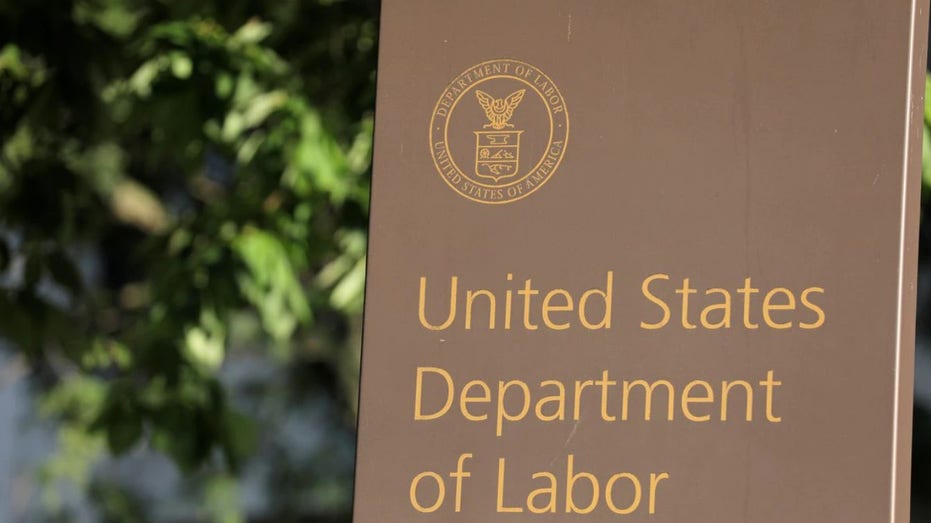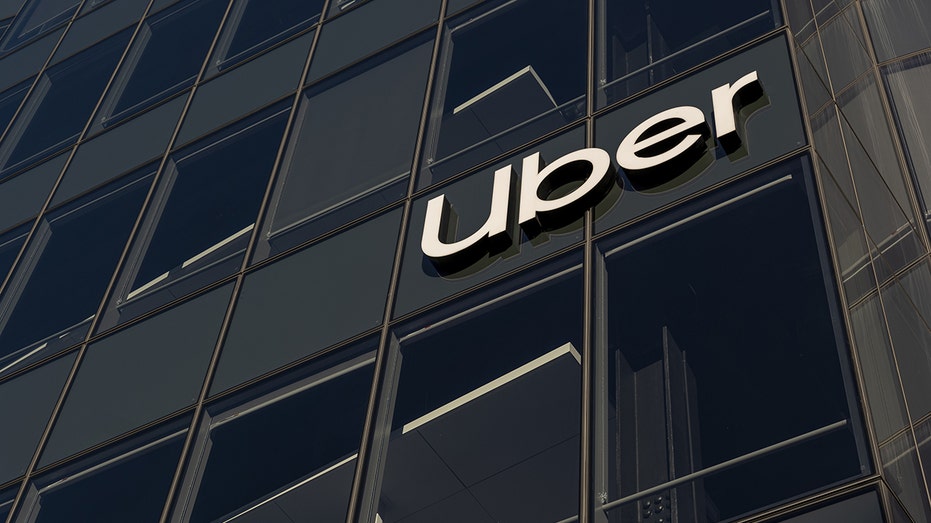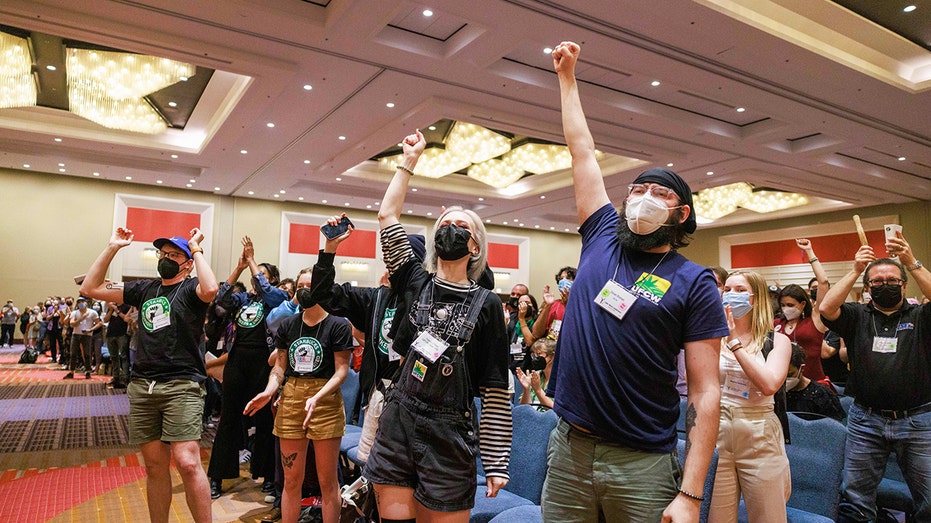Biden labor proposal shakes up gig economy that relies on contractors
Uber, Lyft shares traded lower on the news
WASHINGTON – The U.S. Department of Labor proposed a rule on Tuesday that would make it more difficult for companies to treat workers as independent contractors, a change that is expected to shake up the business models of the ridesharing, delivery and other industries that rely on gig workers.
Shares in Uber and Lyft traded sharply down Tuesday morning.
The proposal would require that workers be considered a company's employees, who are entitled to more benefits and legal protections than contractors, when they are "economically dependent" on the company.
The Labor Department said it will consider workers' opportunity for profit or loss, the permanency of their jobs, and the degree of control a company exercises over a worker, among other factors.

Signage is seen at the United States Department of Labor headquarters in Washington, D.C., U.S., August 29, 2020. REUTERS/Andrew Kelly (Reuters Photos)
STRIKES BECOMING MORE COMMON AMID INFLATION, TIGHT LABOR MARKET
| Ticker | Security | Last | Change | Change % |
|---|---|---|---|---|
| UBER | UBER TECHNOLOGIES INC. | 73.91 | -0.86 | -1.15% |
| LYFT | LYFT INC. | 16.61 | +0.15 | +0.91% |
Most federal and state labor laws, such as those requiring a minimum wage and overtime pay, only apply to a company's employees. This means employees can cost companies up to 30% more than independent contractors that many industries have come to rely on, according to some studies.
U.S. Labor Secretary Marty Walsh in a statement said businesses often misclassify vulnerable workers as independent contractors.
"Misclassification deprives workers of their federal labor protections, including their right to be paid their full, legally earned wages," Walsh said.
The rule, which will take at least several months to finalize, would replace a Trump administration regulation that says workers who own their own businesses or have the ability to work for competing companies, such as a driver who works for Uber and Lyft, can be treated as contractors. The new proposal adopts a broader definition of who counts as an employee, mirroring legal guidance issued by the Obama administration that was withdrawn by the Labor Department under former President Donald Trump.

Signage outside the Uber Technologies headquarters in San Francisco, California, U.S., on Tuesday, Feb. 8, 2022. Uber Technologies Inc. is scheduled to release earnings figures on February 9. (Photographer: David Paul Morris/Bloomberg via Getty Images / Getty Images)
FED'S BRAINARD WARNS HIGHER INTEREST RATES WILL FURTHER SLOW US ECONOMY
More than one-third of U.S. workers, or nearly 60 million people, performed some sort of freelance work in the past 12 months, a December 2021 survey by freelancing marketplace Upwork showed.
Groups representing businesses including the U.S. Chamber of Commerce, which is the largest U.S. business lobbying group, the National Association of Home Builders, the National Retail Federation and Associated Builders and Contractors had met with White House officials to lobby for a more business-friendly standard.
Those groups have said that any broad rule would hurt workers who want to remain independent and have flexibility.

Audience members react as labor leader Sean O'Brien, president of Teamsters labor union, speaks during the Labor Notes conference, in Chicago. (Jeremy Hogan/SOPA Images/LightRocket via Getty Images / Getty Images)
GET FOX BUSINESS ON THE GO BY CLICKING HERE
But many worker advocacy groups have said that companies are increasingly misclassifying employees as independent contractors, depriving workers of fair pay and benefits to pad their profits.
The proposal will be formally published on Thursday, kicking off a 45-day public comment period.




















